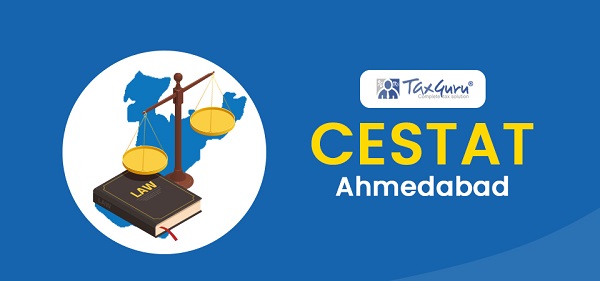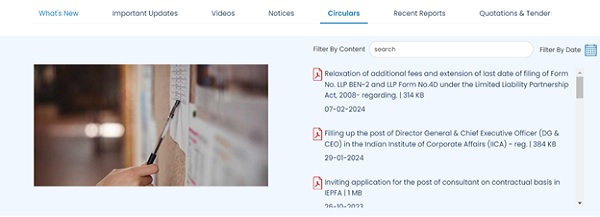Section 40(a)(ia) of Income Tax Act, 1961 deals with non compliance of provision of TDS where payment is made to a Resident.
30% cent of any sum payable to a resident on account of interest, commission or brokerage, Rent, Royalty, fees for professional services or, fees fir technical services payable to a resident, or amounts payable to a contractor or sub-contractor being resident for carrying out any work on which tax is deductible at source and such tax has not been deducted or, after deduction, has not been paid on or before the due date specified in section 139(1) . Then 30% cent of any sum payable shall be disallowed.
Where the tax has been deducted in any subsequent year,or has been deducted during the previous year but paid after the dude date specified in section 139(1), thirty per cent of such sum shall be allowed as a deduction in computing the income of the previous year in which such tax has been paid
Also where an assessee fails to deduct the whole or any part of the tax in accordance with the provisions of Chapter XVII-B on any such sum but is not deemed to be an assessee in default under the first proviso to sub-section (1) of section 201, then, for the purpose of this sub-clause, it shall be deemed that the assessee has deducted and paid the tax on such sum on the date of furnishing of return of income by the resident payee referred to in the said proviso

It is well established law laid down by the various courts that the deductor shall be treated as an asessee in default only if:
- Deductor has failed to deduct TDS; and
- Deductee has also failed to pay the tax directly.
Therefore, we can say, deductor cannot be treated as an assessee in default where deductor has failed to deduct TDS but deductee has paid the tax directly.
The point to be noted here is:
i. These amendments are only for resident deductee and are not applicable where deductor is a Non-Resident.
ii. When the deductor fails to deduct TDS . This amendment is not applicable when the deductor deduct TDS but fails to deposit it to the credit of central government.
Also, the amendment to section 201(1) i.e first proviso to Section 201(1) provides as under:
Any person, including the principal officer of a company, who fails to deduct the whole or any part of the tax in accordance with the provisions of this Chapter on the sum paid to a resident or on the sum credited to the account of a resident shall not be deemed to be an assessee in default in respect of such tax if such resident—
(i) has furnished his return of income under section 139;
(ii) has taken into account such sum for computing income in such return of income; and
(iii) has paid the tax due on the income declared by him in such return of income,
and the person furnishes a certificate to this effect from an accountant in such form as may be prescribed
Provided further that no penalty shall be charged under section 221 from such person, unless the Assessing Officer is satisfied that such person, without good and sufficient reasons, has failed to deduct and pay such tax.
Author: Prateek Manocha, student of Institute of Chartered Accountant of India
(Republished With Amendments)






















It should be section 40(a)(ia) not section 40(a)(iia).Thanks
Thank you Mr. Agarwal for completing my article.. I totally agree with you.. Thanks for your valuable information..
mr PRATK,
Kindly note that there is one more requirement to get relief under section 201(1). That is as follows
The deductor has to pay the interest from the date on which such tax was dedutable to the date of furnishing of return of incmome by such resident.
C A K C AGARWAL, ALLD